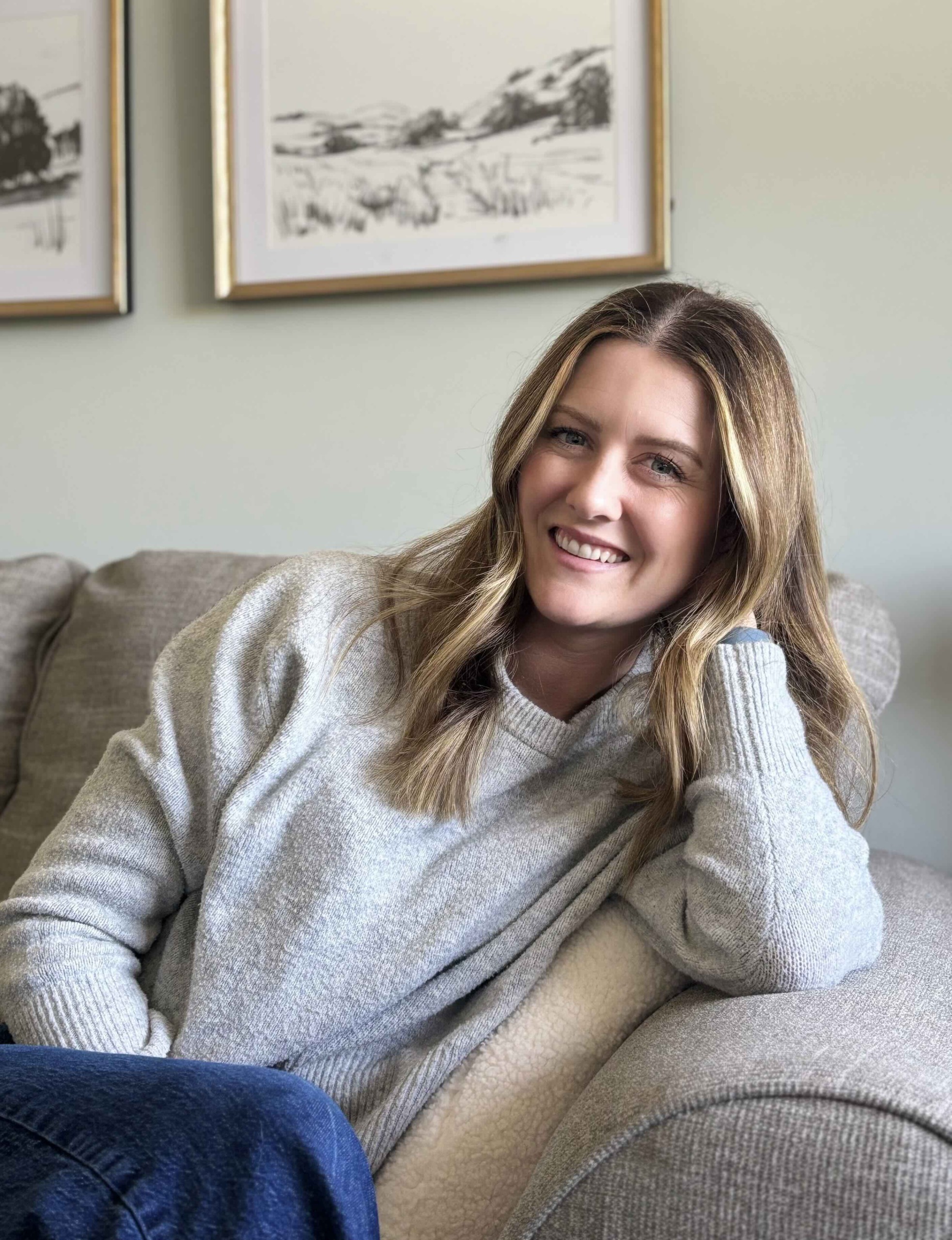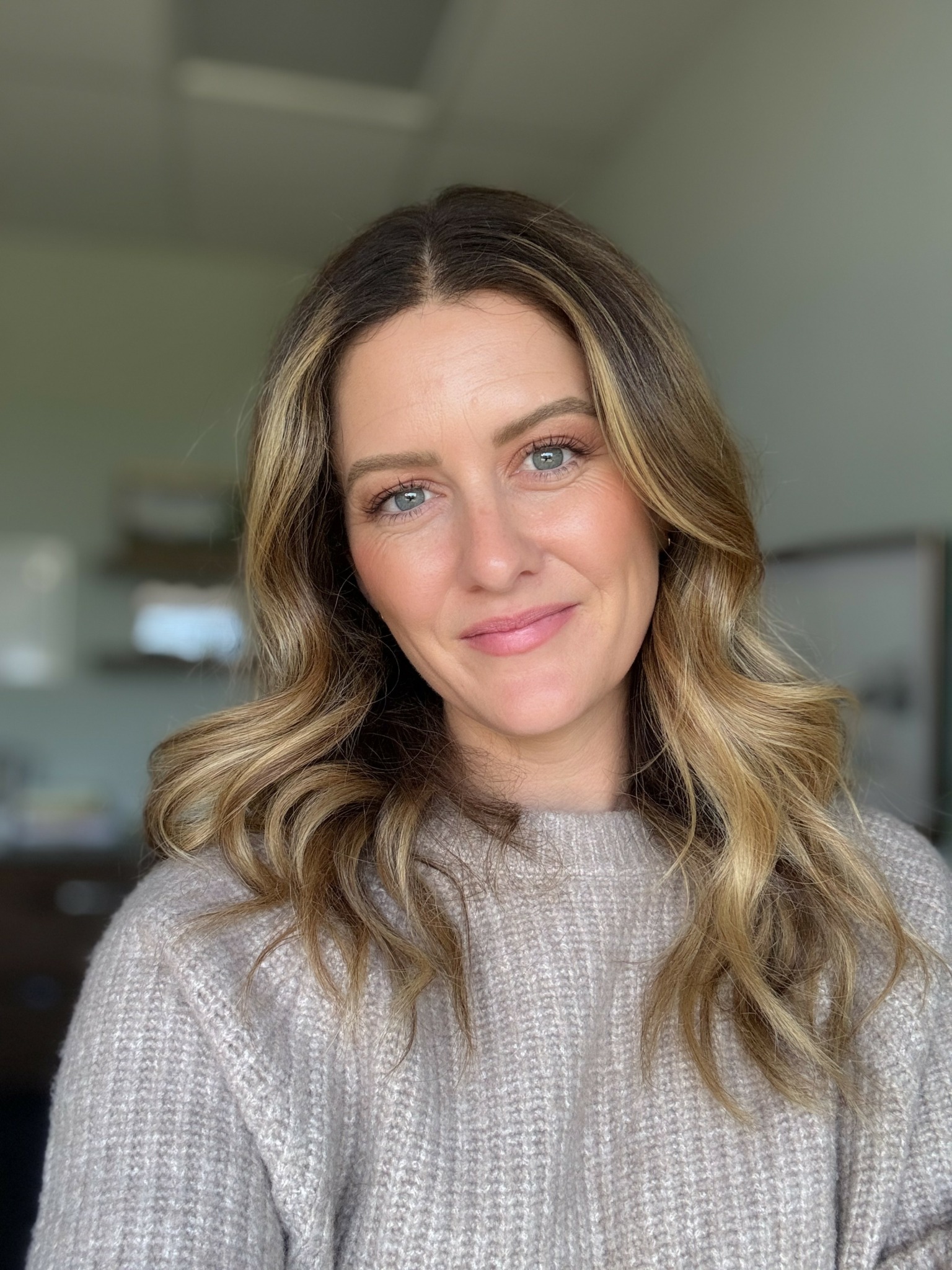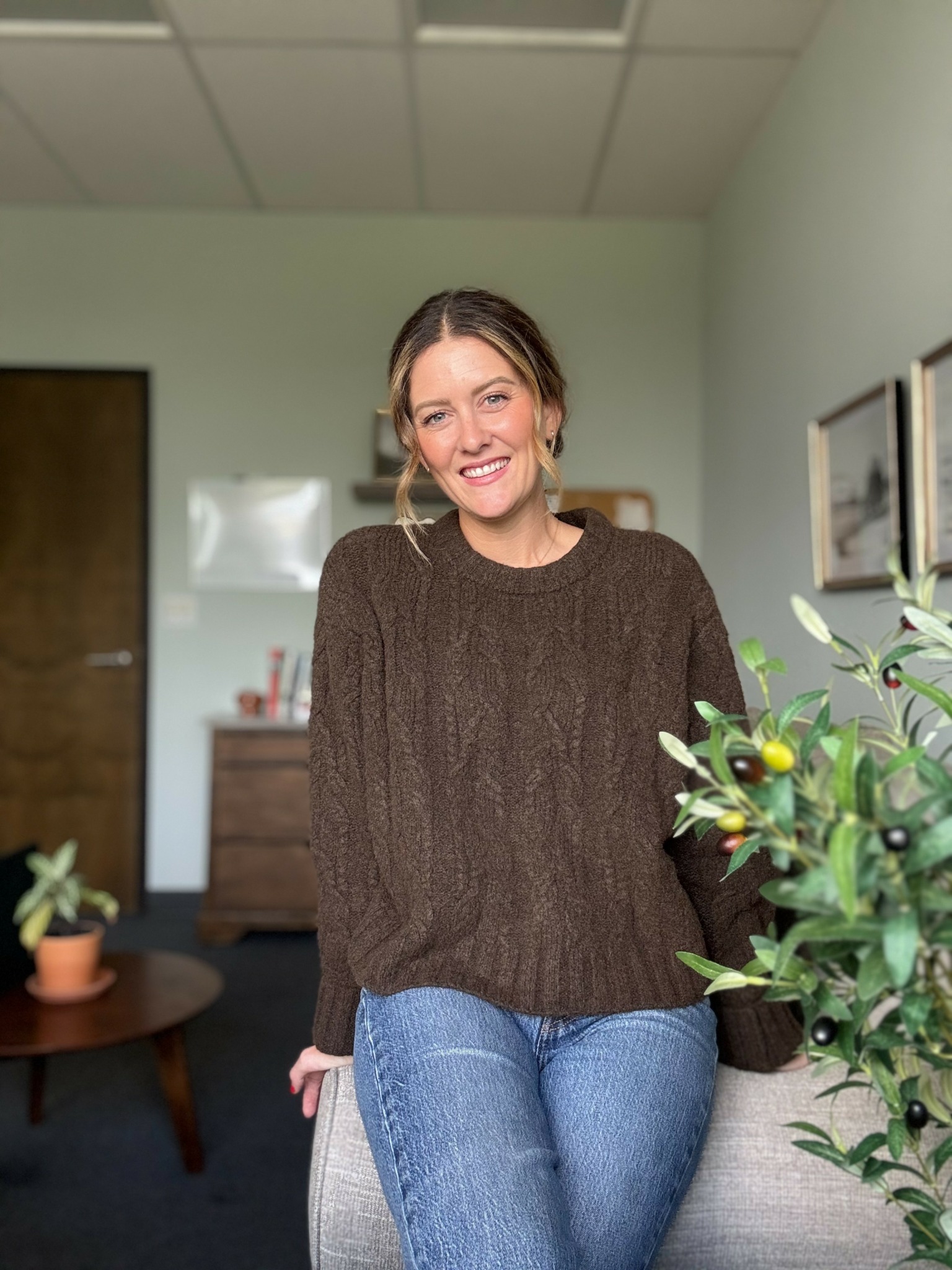We’re excited to introduce you to the always interesting and insightful Kaitlin Olson. We hope you’ll enjoy our conversation with Kaitlin below.
Kaitlin , thanks for joining us, excited to have you contributing your stories and insights. Looking back at internships and apprenticeships can be interesting, because there is so much variety in people’s experiences – and often those experiences inform our own leadership style. Do you have an interesting story from that stage of your career that you can share with us?
To become a Licensed Marriage and Family Therapist, you must complete 3,000 clinical and non-clinical hours before you can sit for the licensing exam. This translates to thousands of face-to-face sessions where you’re learning how to help people process their struggles while also figuring out how to be a therapist. It’s a challenging process, but one designed to expose you to the wide range of issues people face and to help you build the confidence needed to support them effectively.
I remember one adolescent client I worked with during my training, at a time when I felt especially insecure as a therapist. The client was quiet and rarely spoke in session, yet they showed up every week. After most sessions, I would often reflect on what I could have done differently or better for this client. Sometimes, when a client’s problems feel so far beyond their control, it can be difficult to know what to say or do.
One day, the client told me they needed to end therapy and that this would be our last session. At the close of our time together, they pulled a folded letter from their pocket and handed it to me. After they left, I opened it and read one of the most heartfelt letters I had ever received. At one point, they even thanked me for saving their life.
The shock of that moment has stayed with me, as I was convinced I wasn’t helping them. That experience reminded me that even in training, when you feel uncertain, showing up with compassion and truly listening can make a profound difference.

Kaitlin , before we move on to more of these sorts of questions, can you take some time to bring our readers up to speed on you and what you do?
I am a Licensed Marriage and Family Therapist (LMFT), offering both in-person and Telehealth therapy for individuals navigating challenges rooted in childhood experiences, as well as current struggles with anxiety, depression, and relationships. Over time, I’ve become increasingly convinced that many present difficulties are tied, in some way, to our earliest relationships and experiences.
My approach integrates attachment-based, psychodynamic, and solution-focused methods. I help clients gain insight into why they are the way they are, while also empowering them to make realistic, lasting changes.
What sets me apart is the way I practice therapy. While many are taught that therapists should never give advice, I’ve found that offering it sparingly and in the right context can be a powerful motivator, sometimes it’s the spark that helps clients break free from feeling stuck. Similarly, though self-disclosure is often discouraged, I’ve discovered that sharing small, intentional pieces of my own experience can strengthen the therapeutic relationship and help clients feel less alone.
Finally, I consider myself a compassionate truth-teller. When appropriate, I share my honest observations directly, without judgment, but without sugarcoating either. While this was intimidating at first, many clients have told me they find this honesty refreshing and deeply supportive.
Other than training/knowledge, what do you think is most helpful for succeeding in your field?
First, I recommend reading as much as you can, not only about mental health, but other topics as well. The more you read and open your mind, the more well-rounded you’ll become as both a therapist and a person.
Second, go to therapy yourself. As therapists, we hold emotional pain for others until they can carry it themselves, and that weight can become heavy, often without us realizing it until it’s too much. Therapy provides a space to unpack, refocus and restore the strength needed to continue this work. It’s also a gift to have dedicated time to focus on my own “stuff” and wellbeing. In addition, experiencing the client role firsthand is invaluable. It reminds us how uncomfortable and even scary it can be to face emotions directly, and it deepens our ability to relate with empathy and authenticity.
Lastly, set healthy boundaries with work and life. This profession is special in the way that it is easy to “bring it home” with you. Setting good boundaries from the beginning will ensure that you are putting focus on the right things and you feel overall balanced.

If you could go back in time, do you think you would have chosen a different profession or specialty?
Becoming a therapist has always been my ultimate goal. It took me a bit to get here, but I could not be more content and at peace with my choice. Helping others is a deeply engrained personal value of mine, and I am able to fulfill it through the work I do and how I treat others in my personal life. Being able to be a therapist and be present with the people who matter most to me was my ultimate dream, and I am living it.
Contact Info:
- Website: https://www.KaitlinOlsonMFT.com
- Instagram: @KaitlinOlson_LMFT


